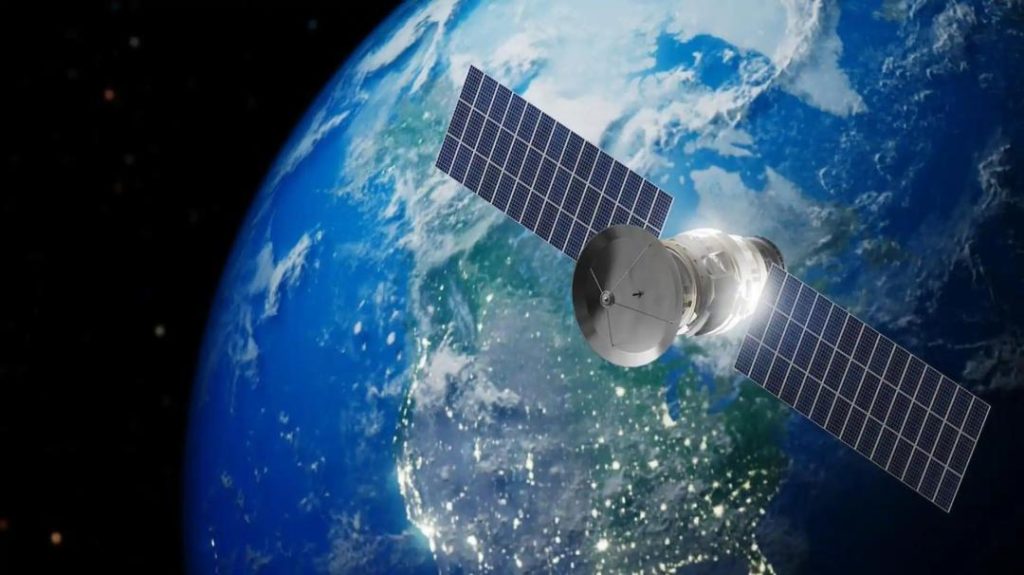
What are Space Pirates & How Can Satellites be Secured from Them?
The concept of piracy has been around for centuries, with pirates attacking and plundering ships on the high seas. However, in recent years, a new form of piracy has emerged – space piracy. Space pirates are individuals or groups that attempt to attack and steal valuable resources from man-made satellites orbiting the Earth. With the increasing reliance on satellites for communication, navigation, and other critical services, securing these satellites from space pirates has become a pressing concern.
In this blog post, we will explore what space pirates are, how they operate, and most importantly, how satellites can be secured from their attacks.
What are Space Pirates?
Space pirates are individuals or groups that use various methods to attack and steal valuable resources from satellites. These resources can include data, money, or even physical components such as solar panels or communication equipment. Space pirates can operate virtually, using cyberattacks to gain unauthorized access to satellite systems, or physically, using spacecraft or other vehicles to attack satellites directly.
There are several types of space pirates, including:
- Cyber pirates: These individuals use advanced hacking techniques to gain unauthorized access to satellite systems and steal valuable data or disrupt satellite operations.
- Physical pirates: These individuals use physical force to attack satellites, either by launching a spacecraft to physically collide with the satellite or by using a rocket to steal components from the satellite.
- Economic pirates: These individuals use economic means to attack satellites, such as by stealing financial resources or disrupting satellite operations to extort money.
How Can Satellites be Secured from Space Pirates?
Securing satellites from space pirates requires a multi-layered approach that includes ground-to-space operations. Here are some ways that satellites can be secured:
- Cybersecurity: Implementing robust cybersecurity measures is crucial to preventing cyber pirates from gaining unauthorized access to satellite systems. This includes using encryption, firewalls, and intrusion detection systems to detect and prevent cyber attacks.
- Physical Security: Physically securing satellites with anti-piracy measures such as anti-tamper devices, encryption, and secure communication protocols can prevent physical pirates from stealing or disrupting satellite operations.
- Satellite Design: Designing satellites with security in mind can help prevent attacks. This includes using secure communication protocols, encrypting data, and using secure storage devices.
- Ground-to-Space Communication: Establishing secure ground-to-space communication channels can help prevent cyber pirates from intercepting and stealing sensitive information.
- Rapid Response: Developing methods for quick space travel can enable rapid response to physical acts of piracy, allowing for swift intervention and protection of satellites.
The Need for Rapid Response
According to experts, developing methods for quick space travel is crucial to ensuring rapid response to physical acts of piracy. This can include using reusable rockets, developing advanced propulsion systems, or even creating a space-based defense system.
In an interview with Newsbytes, Dr. Michael Griffin, a space security expert, emphasized the importance of rapid response in preventing satellite piracy. “If we can’t respond quickly to physical attacks on satellites, we risk losing critical infrastructure and compromising global security,” he said.
Conclusion
Space piracy is a growing concern that requires immediate attention from governments, companies, and individuals. Securing satellites from space pirates requires a multi-layered approach that includes ground-to-space operations, cybersecurity, physical security, and rapid response. By implementing these measures, we can protect our satellites and ensure the continued operation of critical infrastructure.
References






